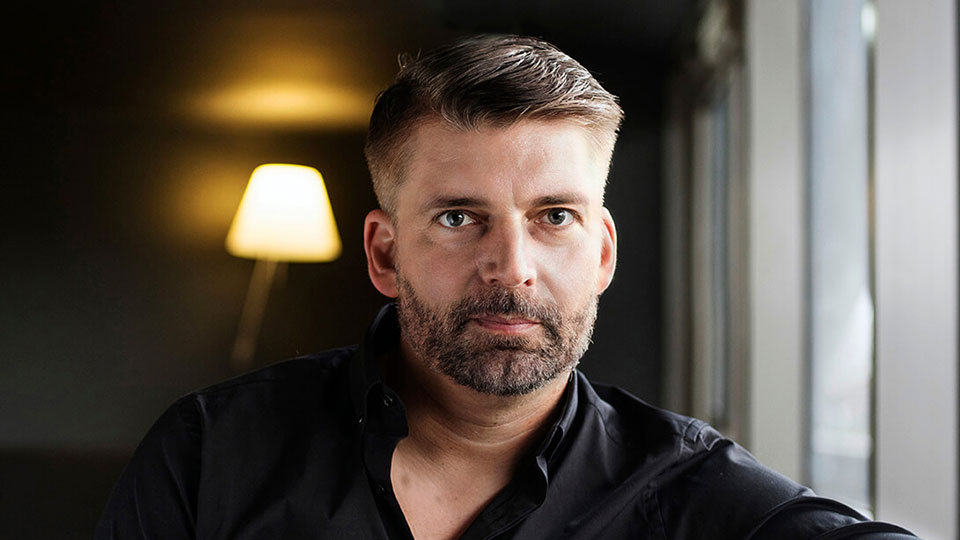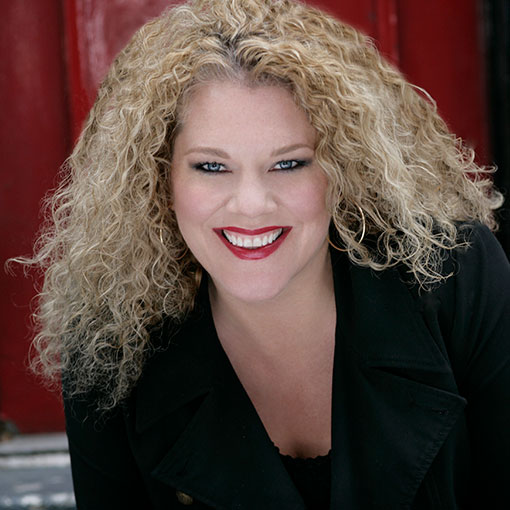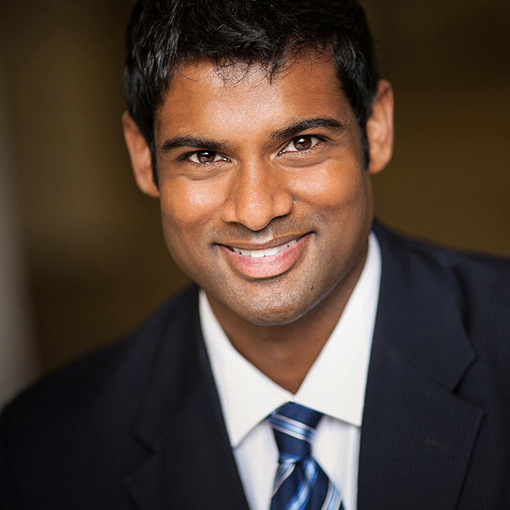Program:
GUSTAV MAHLER (arr. Cortese): Das Lied von der Erde ("The Song of the Earth")
Artists & Insights
-
Matthias Pintscher, conductor

Matthias Pintscher is the Music Director of the Ensemble Intercontemporain, the world’s leading contemporary music ensemble founded by Pierre Boulez. In addition to a robust concert season in Paris, he tours extensively with the orchestra throughout Europe, Asia and the United States. In the 2020–21 season, Pintscher also begins a three-season appointment as the Cincinnati Sym-phony Orchestra’s Creative Partner. Known equally as one of today’s foremost composers, Pintscher’s works are frequently commissioned and performed by major international orchestras.
In the 2020–21 season, Matthias Pintscher leads a new production of Lohengrin at the Staatsoper Unter den Linden in Berlin directed by Calixto Bieito and returns in the spring to also conduct Wozzeck. He makes debuts with the Oslo Philhar-monic, Swedish Radio Symphony and Barcelona Symphony. Return invitations this season include the symphony orchestras of Baltimore, Detroit and San Diego, as well as the New World Symphony in Miami, Royal Concertgebouw Orchestra and BBC Scottish Symphony Orchestra.
Matthias Pintscher began his musical training in conducting, studying with Pierre Boulez and Peter Eötvös in his early 20s, during which time com-posing soon took a more prominent role in his life.
-
Matthias Pintscher occupies a unique place in the musical world, as a multi-talented composer, conductor, curator, and music director. We are thrilled to welcome back Matthias in his new role as our Creative Partner, conducting this heartbreaking and overwhelmingly beautiful synthesis of a symphony and a song cycle, Das Lied von der Erde.
—Louis Langrée, CSO Music Director
-
Michelle DeYoung, mezzo-soprano

Michelle DeYoung appears frequently with many of the world’s leading orchestras and music festivals, as well as with the world’s finest opera houses. Among her many roles, she created The Shaman in Tan Dun’s The First Emperor at The Metropolitan Opera. She made her CSO subscription debut in January 1998, singing Mahler’s Symphony No. 3, which also was recorded for Telarc (Jesús López Cobos conducting); her most recent appearance was May 2015.
Her recording of Kindertotenlieder and Mahler’s Symphony No. 3 with Michael Tilson Thomas and the San Francisco Symphony (SFS Media) was awarded the 2003 Grammy Award for Best Classical Album. She has also been awarded 2001 Grammys for Best Classical Album and Best Opera Recording for Les Troyens with Sir Colin Davis and the London Symphony Orchestra (LSO Live).
-
Sean Panikkar, tenor

An American tenor of Sri Lankan heritage, Sean Panikkar achieved break-out success in his 2018 Salzburger Festspiele debut as Dionysus in Henze’s The Bassarids, and he was critically acclaimed that year in his Los Angeles Opera debut as Gandhi in Philip Glass’ Satyagraha. These concerts mark his CSO debut.
Highly prized as an interpreter of contemporary music on leading international stages, he also has performed numerous times with The Metropolitan Opera and with symphony orchestras across the U.S.
Panikkar is a member of Forte, the operatic tenor group combining voices from different cultures that was created for and debuted on NBC’s America’s Got Talent in 2013 and released albums in 2013 and 2015.
He is an alumnus of San Francisco Opera’s Adler Fellowship and holds degrees in Voice Performance from the University of Michigan.
Program Details
-
GUSTAV MAHLER
Das Lied von der Erde
(“The Song of the Earth”)
Das Lied von der Erde (“The Song of the Earth”) was one of the last completed works of Gustav Mahler (b. July 7, 1860, Kalischt, Bohemia; d. May 18, 1911, Vienna). Mahler composed the work from 1908 to 1909, during a very impactful time in his life—short-ly after the passing of his eldest daughter Anna Maria, and one year after he was diagnosed with congenital heart disease, which led to his own death only three years later. The premiere took place at the Tonhalle Munich on November 20, 1911, six months after the composer’s death, with his friend Bruno Walter conducting and mezzo-soprano Sara Cahier and tenor William Miller, both American, as soloists. The Orchestra is performing the Cortese arrangement for double winds at these concerts.
In a letter to Walter, Mahler described Das Lied von der Erde as a “song-symphony,” wherein the piece takes the form of a song cycle with the robust instrumentation of a symphony, integrating the two genres. This pioneered a new hybrid form that was repeated by many composers of the 20th century.
Mahler drew his texts from Die chinesische Flöte (“The Chinese Flute”), a collection of Chinese po-ems translated to German by Hans Bethge. Bethge had adapted his poems from Hans Heilmann’s Chinesische Lyrik, which, in turn, had been adapt-ed from French translations of classical Chinese poetry dating from the Tang Dynasty. While much of Mahler’s inspiration came from these poems, he did alter many of them, usually adding lines to suit a theme he employed often in his music: life is brief and death is all-powerful and inevitable. -
GUSTAV MAHLER
Das Lied von der Erde (“The Song of the Earth”), arr. Cortese
Born: July 7, 1860, Kalischt, Bohemia
Died: May 18, 1911, Vienna
Composition History: Mahler composed Das Lied von der Erde (“The Song of the Earth”) in 1908–1909; it was one of his last completed works. The premiere took place at the Tonhalle Munich on November 20, 1911 with Mahler’s friend Bruno Walter conducting and mezzo-soprano Sara Cahier and tenor William Miler, both American, as soloists.
Instrumentation of the Cortese arrangement: mezzo-soprano and tenor soloists, 2 flutes (incl. piccolo), 2 oboes (incl. English horn), 2 clarinets (incl. E-flat clarinet), 2 bassoons (incl. contrabassoon), 2 horns, 2 trumpets, 2 trombones, bass drum, crash cymbals, glockenspiel, suspended cymbals, tam-tam, tambour de Basque, triangle, harp, celeste, strings
CSO Subscription Performances: The CSO has performed Das Lied von der Erde on eight previous subscription weekends; however, this is the first subscription performance of the Cortese arrangement for double winds. The CSO subscription premiere took place in March 1924 (Emery Auditorium), Fritz Reiner conducting and soloists Alma Beck and Daniel Beddoe; the most recent subscription performance was in April 2017 (Taft Theatre), Louis Langrée conducting and soloists Kelley O’Connor and Stuart Skelton. The CSO, under Walter Susskind, recorded the work in 1980, with Lili Chookasian and Richard Cassilly as soloists; that recording was re-released in 1995 and 2000. Jesús López-Cobos led the Orchestra and soloists Marilyn Horne and Gary Lakes in a Carnegie Hall performance of the work in March 1988.